Collagen is a buzzword in the beauty and wellness industry, and for good reason. As the most abundant protein in the human body, collagen plays a vital role in maintaining the structure and integrity of our skin, hair, joints, and more. But what exactly is collagen, and how does it contribute to overall health? In this blog, we’ll dive into the science behind collagen, exploring its benefits and how it works within the body to promote wellness.
What is Collagen?
Collagen is a fibrous protein that acts as a building block for various tissues in the body, including skin, bones, tendons, and ligaments. It’s often referred to as the “glue” that holds everything together, providing strength and elasticity to our connective tissues. There are at least 16 different types of collagen, but the majority of the collagen in our bodies is Type I, II, and III. Each type serves a unique function, from supporting skin elasticity to cushioning joints.
The Role of Collagen in Skin Health
Collagen is perhaps best known for its role in skin health. It provides structure and strength to the dermis, the middle layer of the skin, which helps maintain its elasticity and firmness. As we age, our body’s natural collagen production begins to decline, leading to signs of aging such as wrinkles, fine lines, and sagging skin.
In addition to aging, factors such as sun exposure, smoking, and poor diet can accelerate collagen breakdown. By boosting collagen levels through diet and supplements, you can help slow down the aging process and maintain a youthful complexion.
Benefits of Collagen for Skin:
- Reduces Wrinkles: Collagen helps maintain skin elasticity, which reduces the appearance of wrinkles and fine lines.
- Improves Hydration: Collagen attracts and retains moisture, keeping the skin hydrated and plump.
- Enhances Skin Elasticity: With adequate collagen, the skin remains firm and resilient, reducing the likelihood of sagging.
How Collagen Supports Hair Health
While collagen is often associated with skin, it also plays a significant role in maintaining healthy hair. Hair is primarily made of a protein called keratin, and the amino acids found in collagen are essential for keratin production. Additionally, collagen’s antioxidant properties can help protect hair follicles from damage caused by free radicals, which can lead to hair thinning and loss.
Benefits of Collagen for Hair:
- Strengthens Hair: Collagen provides the necessary amino acids for building strong, resilient hair.
- Promotes Hair Growth: By supporting the health of hair follicles, collagen can help promote hair growth and reduce hair thinning.
- Protects Against Damage: Collagen’s antioxidant properties help shield hair from environmental damage, keeping it healthy and shiny.
The Importance of Collagen for Joint Health
Collagen is a major component of cartilage, the flexible tissue that cushions joints and allows for smooth movement. As we age, collagen levels decrease, leading to the gradual breakdown of cartilage. This can result in joint stiffness, discomfort, and conditions such as osteoarthritis.
Supplementing with collagen has been shown to support joint health by reducing inflammation and promoting the repair of damaged cartilage. It can also help improve joint flexibility and reduce pain in those with joint disorders.
Benefits of Collagen for Joints:
- Supports Cartilage: Collagen helps maintain the integrity of cartilage, preventing it from breaking down.
- Reduces Joint Pain: By cushioning the joints and reducing inflammation, collagen can help alleviate joint pain and discomfort.
- Improves Mobility: Regular collagen supplementation can enhance joint flexibility, making movement easier and more comfortable.
How to Boost Collagen Levels
Given the numerous benefits of collagen, it’s no wonder that many people are looking for ways to boost their collagen levels. Here are some effective methods:
-
Diet: Consuming foods rich in collagen-boosting nutrients, such as vitamin C, zinc, and copper, can help support natural collagen production. Bone broth, fish, chicken, and egg whites are excellent sources of collagen.
-
Supplements: Collagen supplements, available in various forms such as powders, capsules, and gummies, are a convenient way to increase your collagen intake. Look for hydrolyzed collagen, which is broken down into smaller, more easily absorbed peptides.
-
Skincare Products: Topical products containing ingredients like retinol and hyaluronic acid can help stimulate collagen production and improve skin elasticity.
-
Healthy Lifestyle: Protecting your skin from excessive sun exposure, avoiding smoking, and managing stress are crucial for preserving collagen levels.
Conclusion: Collagen for Overall Wellness
Collagen is essential for maintaining the health and vitality of your skin, hair, and joints. As you age, taking steps to boost collagen levels can help you look and feel your best, while also supporting overall wellness. Whether through diet, supplements, or skincare, incorporating collagen into your daily routine can lead to long-lasting benefits that enhance your quality of life.
"Healthy skin is a reflection of overall wellness."
— Dr. Howard Murad, Dermatologist and Author
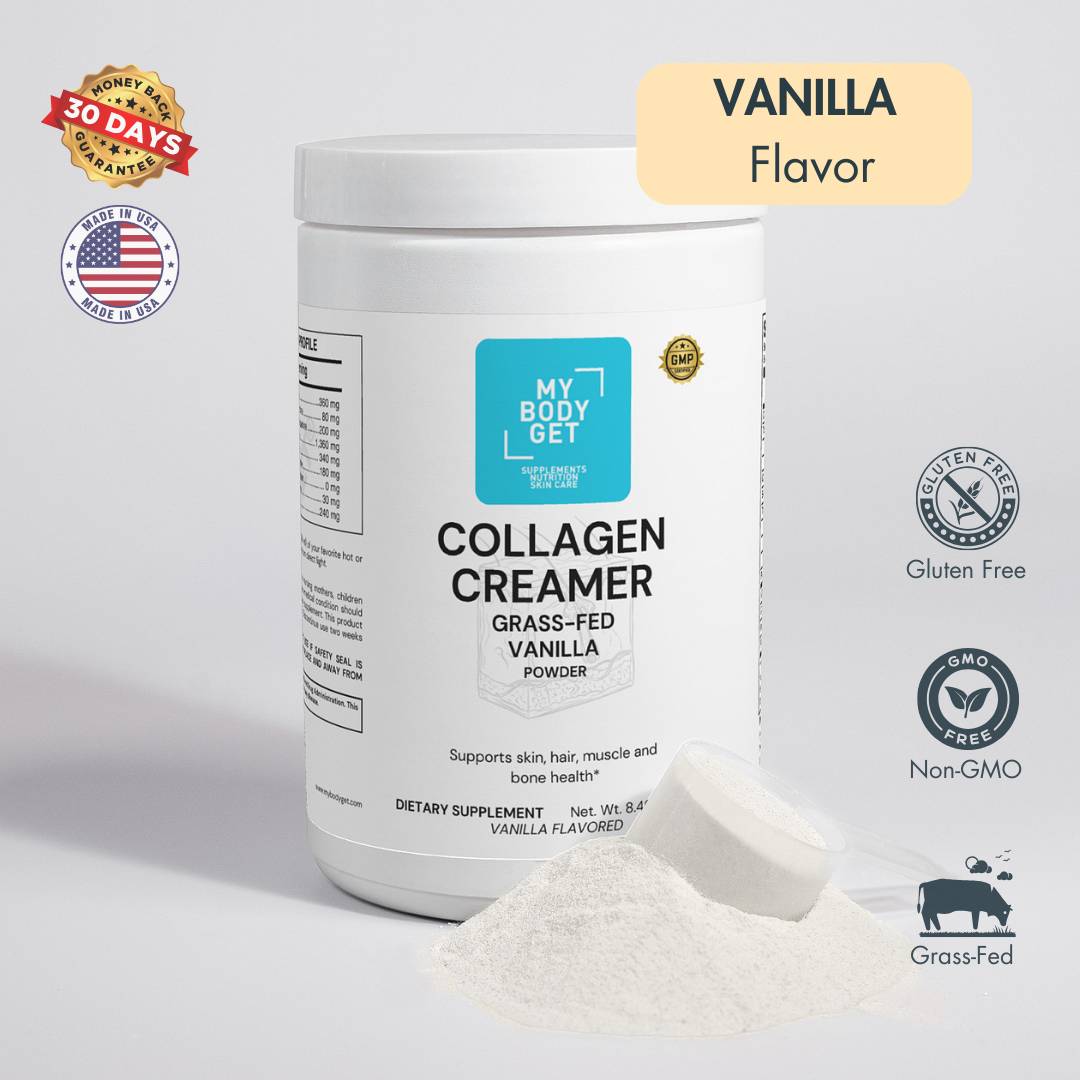
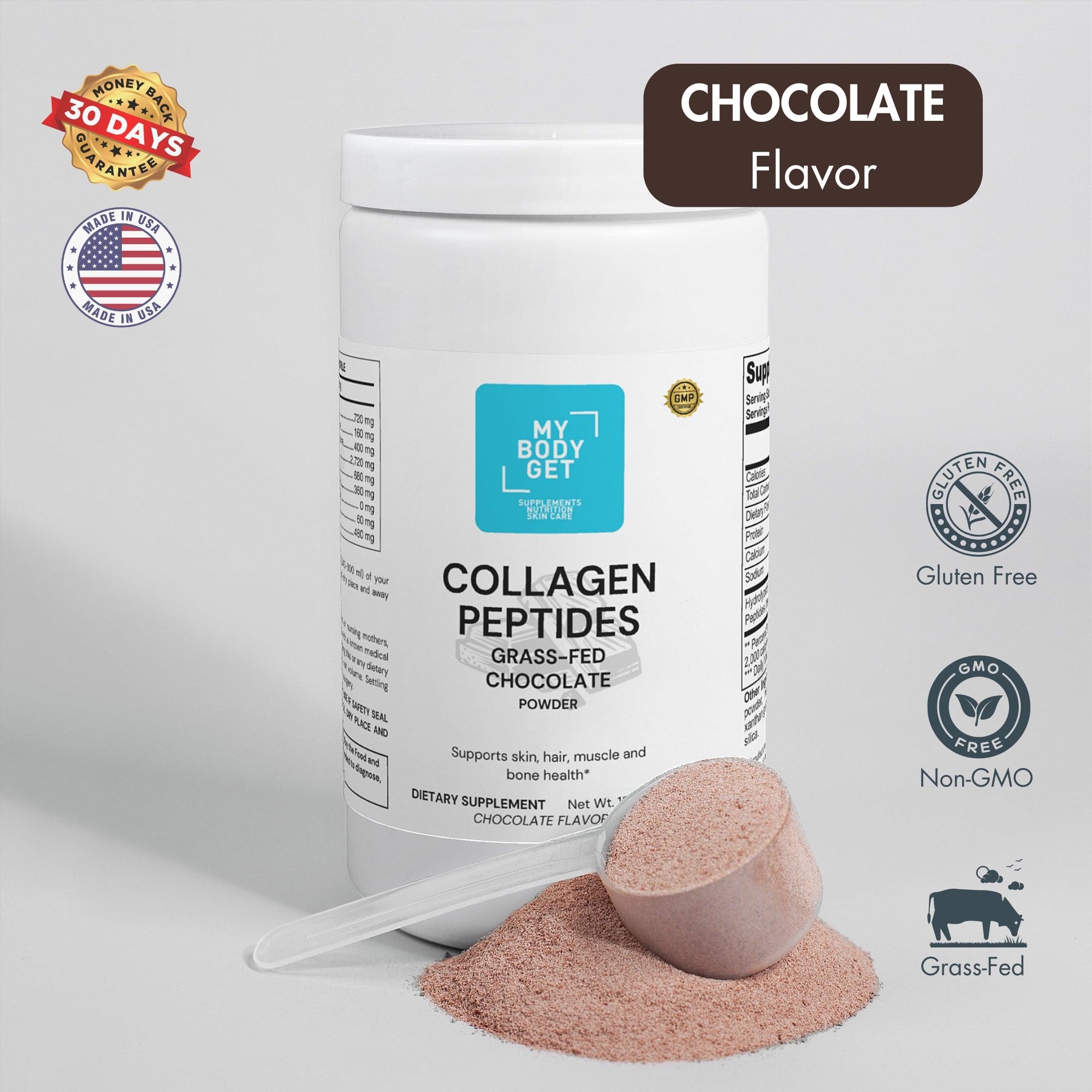
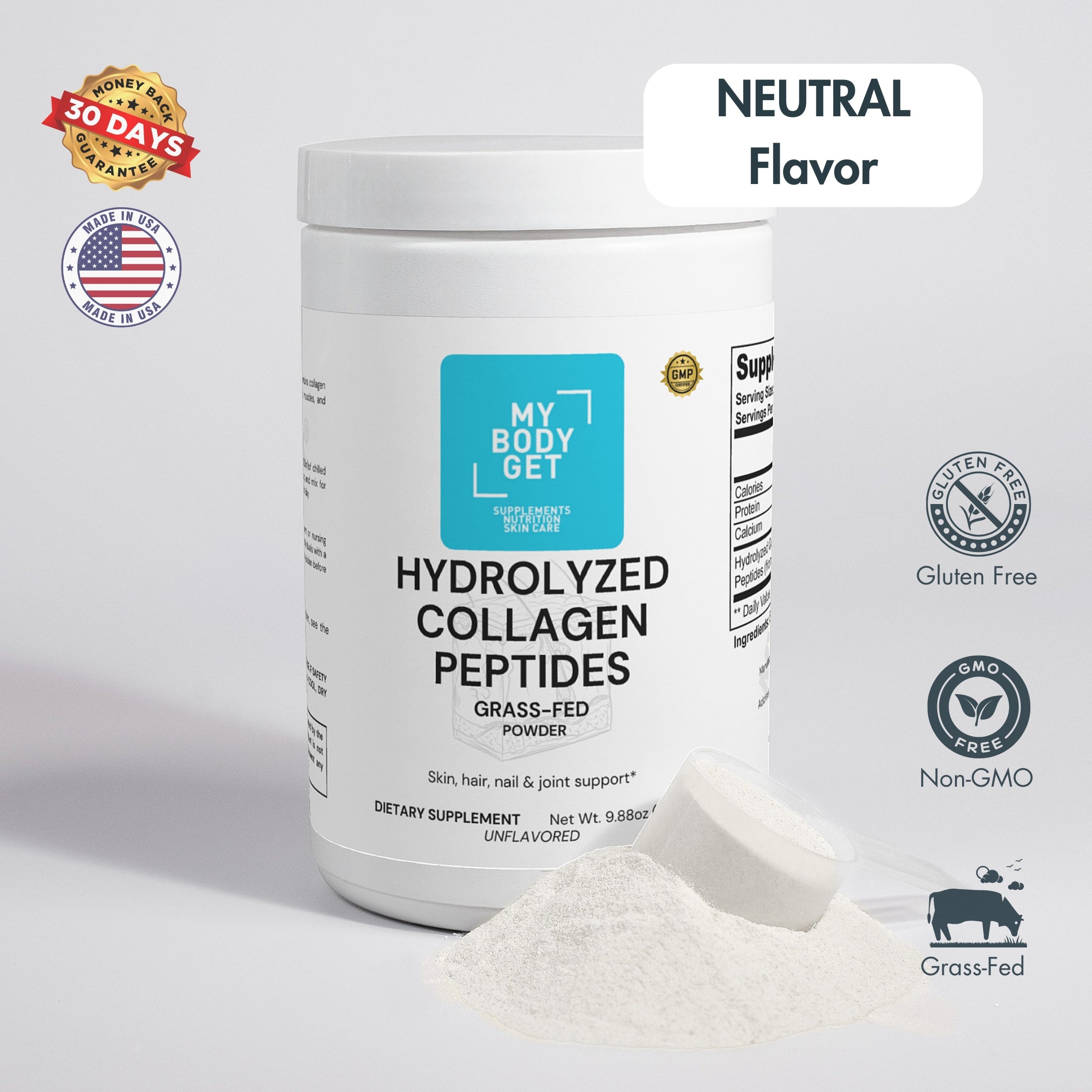
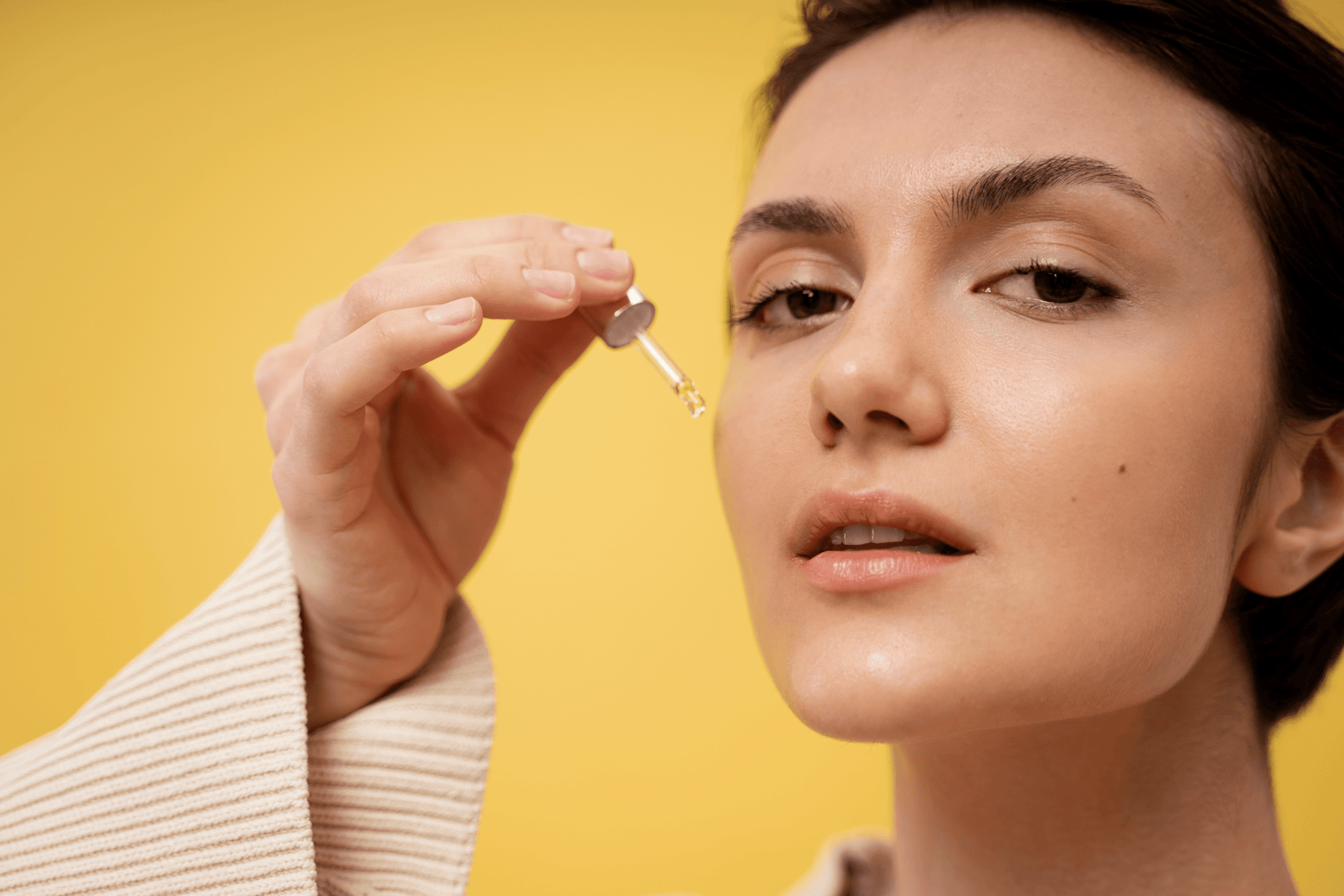

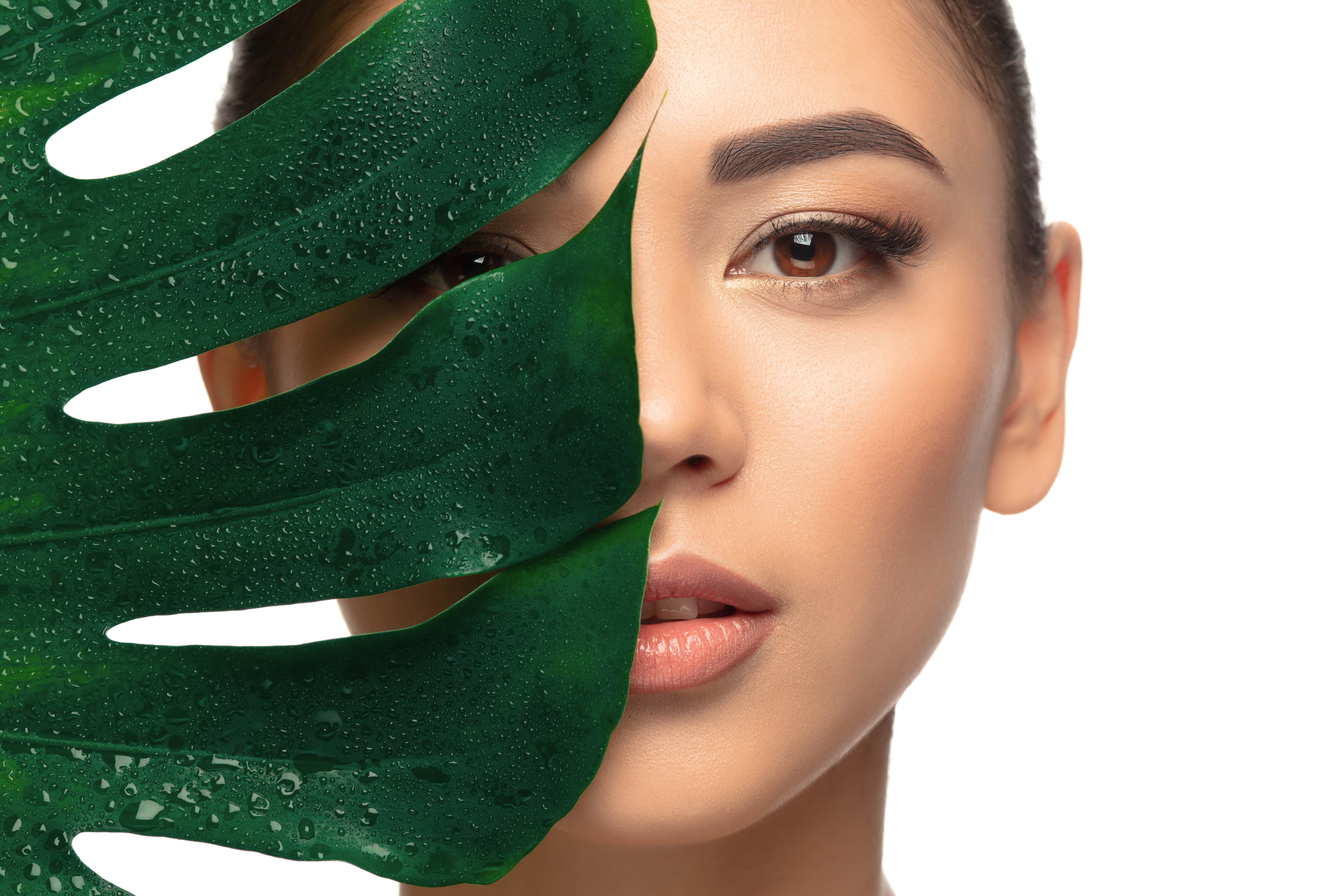

Leave a comment
This site is protected by hCaptcha and the hCaptcha Privacy Policy and Terms of Service apply.